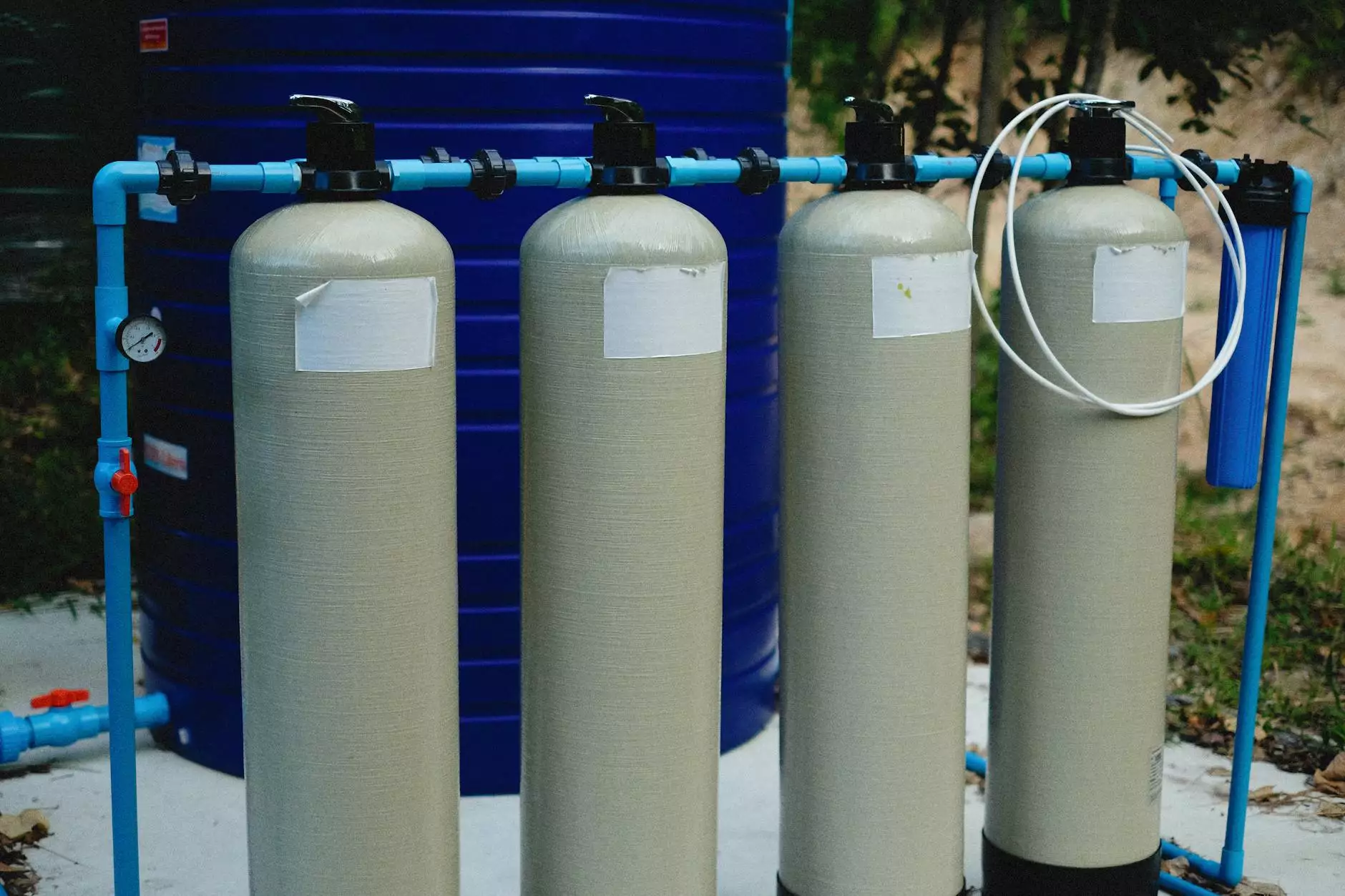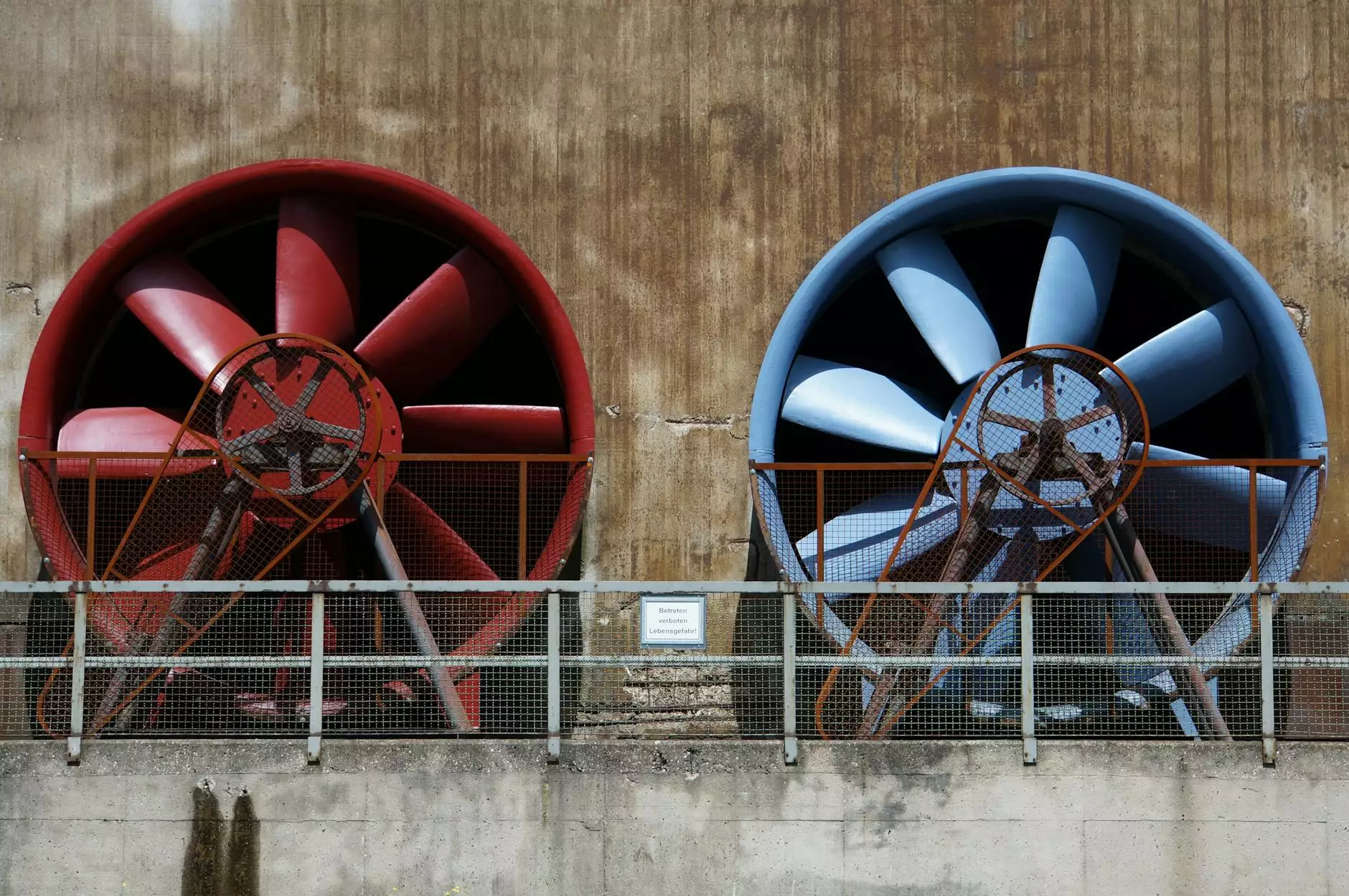The Importance and Effectiveness of Water Treatment Products

Water treatment products are essential for ensuring that the water we use for drinking, cooking, and other daily activities is safe and clean. In an era where water pollution poses a significant challenge, these products have become crucial in both residential and industrial settings. This article will delve deep into the world of water treatment, highlighting its importance, types of treatment products, and how they contribute to overall health and wellbeing.
Understanding Water Treatment
Water treatment is a process where contaminants are removed from water to make it suitable for a specified purpose, often drinking, irrigation, or industrial use. It incorporates various physical, chemical, and biological processes:
- Filtration: Removing particles and microorganisms from water.
- Disinfection: Killing pathogens to ensure safe drinking water.
- Softening: Reducing water hardness caused by calcium and magnesium.
- Desalination: Removing salts from seawater to provide fresh water.
Why Are Water Treatment Products Essential?
The significance of water treatment products cannot be overstated. Here are several compelling reasons that underline their necessity:
1. Health Benefits
Access to clean water is vital for good health. Treatment products help to:
- Prevent waterborne diseases such as cholera, dysentery, and typhoid.
- Eliminate harmful substances like heavy metals and pesticides.
- Improve the taste and odor of drinking water.
2. Environmental Conservation
Many water treatment products contribute to environmental sustainability by:
- Reducing water wastage through efficient purification methods.
- Helping to return treated water to natural bodies of water safely.
- Conserving precious freshwater resources by recycling wastewater.
3. Increased Water Utility
Water treatment systems are designed to enhance water usability for various applications:
- Providing safe water for agriculture.
- Ensuring reliability in industrial processes.
- Facilitating suitable water for recreational uses.
Types of Water Treatment Products
There are various types of water treatment products available in the market, catering to different needs and scales of operation. Below, we will explore some of the most common types:
1. Residential Water Purifiers
These are designed for household use, aiming to purify drinking water. They come in several forms:
- Reverse Osmosis Systems: Effective in removing most contaminants, providing clean water.
- Activated Carbon Filters: Use carbon filtration to remove chlorine, sediment, and volatile organic compounds.
- Ultraviolet Purifiers: Disinfect water by using UV light to kill harmful bacteria and viruses.
2. Industrial Water Treatment Solutions
In industrial settings, where water quality impacts productivity and safety, robust treatment options include:
- Coagulation and Flocculation: Used to remove suspended solids in industrial wastewater.
- Ion Exchange: A method for softening water and removing dissolved minerals.
- Membrane Technologies: Such as microfiltration and ultrafiltration for precise separation.
3. Municipal Water Treatment Systems
Municipal facilities rely on large-scale treatment methods to provide clean water to communities:
- Chlorination: The addition of chlorine to disinfect and kill pathogens in water supplies.
- Filtration Plants: Large systems that filter out dirt, sand, and other impurities on a community scale.
- Advanced Oxidation Processes: A suite of technologies to degrade organic pollutants.
How to Choose the Right Water Treatment Product
Choosing the correct water treatment product requires careful consideration of several factors:
- Water Quality: Conduct tests to identify specific contaminants.
- Usage Purpose: Define whether the goal is for drinking, industrial use, or agriculture.
- System Size: Consider the volume of water that needs treatment.
- Maintenance Requirements: Evaluate ease of maintenance and potential operational costs.
1. Assessing Your Water Needs
Understanding the specific requirements of your household or business is crucial. For example, water quality tests can reveal issues with:
- Presence of nitrates, lead, or other harmful substances.
- Water hardness that may necessitate a softener.
- Microbial contamination that could require UV purification.
2. Evaluating Product Efficacy
Researching the effectiveness of different treatment products is vital. Look for:
- Certifications from reputable organizations such as NSF or WQA.
- User reviews and testimonials highlighting effectiveness in real-world scenarios.
- Independent studies providing evidence of product performance.
Conclusion
In conclusion, water treatment products play a fundamental role in maintaining public health and promoting environmental sustainability. With varied options tailored to specific needs—be it residential, industrial, or municipal—literally everyone can benefit from investing in quality water treatment solutions. Whether it’s through enhancing health standards, preserving our ecosystems, or ensuring the safety and usability of water supplies, the importance of these products is undeniable.
As we continue to face challenges related to water quality and availability, it's imperative that we embrace water treatment solutions that not only meet our immediate needs but also contribute to long-term sustainability and health benefits. For anyone seeking reliable solutions in water purification, our resources at bimakskimya.com.tr can provide valuable insights and access to top-notch products that serve your needs effectively.









